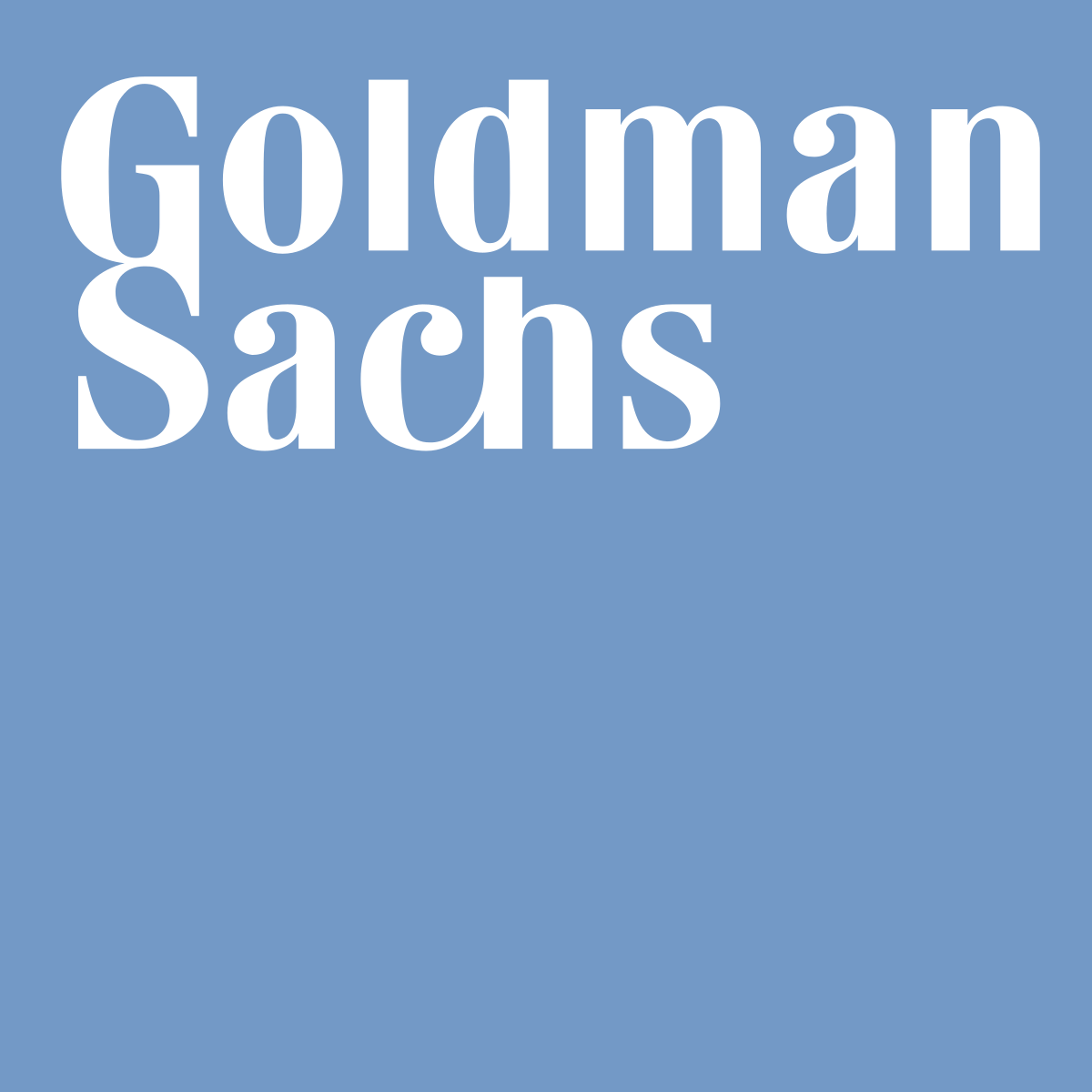BRICs acronym creator Lord Jim O’Neill has said he never intended for the emerging market investment framework to become a political club.
Speaking at ETF Stream’s ETF Buyer London event, O’Neill said the recent expansion of the group had made it “highly political” and was something he “never encouraged”.
“The way BRICs has developed in emerging markets is not really what I intended. I never encouraged them to develop a political club,” he said.
“It has made the framework much more durable and has added to its longevity. The recent decision to expand has now become highly political and I am not sure what fruitful purpose it serves other than being a club that the US is not a part of.”
O’Neill coined the acronym in 2001 as former head of global economics research for Goldman Sachs in a bid to capture the performance of the ‘Big Four’ emerging markets.
BRIC – which stands for Brazil, Russia, India and China – hit the headlines in recent months following the announcement it would be expanded to include five more nations, comprising Iran, Saudi Arabia, Egypt, Argentina, the UAE and Ethiopia.
South Africa is also part of the intergovernmental group which it helped found in 2010.
Analysts have questioned how impactful the expanded organisation will be and its ability to act in unison as it looks to counterweight the power of the US and the west.
China fluke
Turning to the dominant country of the ‘Big Four’ – China – O’Neill said he was not surprised by the country’s recent economic slowdown given its ongoing population dynamics and falling productivity.
“The labour force is now turning down because of some very strange decisions by President Xi Jinping which is weakening productivity,” he said. “Therefore, the weakness of Chinese markets is not that surprising.
“The comparison to Japan in the 1980s and 1990s is not completely crazy, which probably has the worst labour force dynamics in the world.
“Perhaps I have misunderstood China for the past 30 years because I could not understand anything they have done over the past four years in terms of the lockdown aggressiveness which has deliberately weakened their own growth industries. If they do not shift, it will stay really bad.”
Despite being developed as an investment framework, O’Neill said he should have labelled it ‘IC’ following the terrible performance of Russia and Brazil over the past decade.
Russia’s exclusion from major indices following its invasion of Ukraine has compounded this further.
Earlier this year, BlackRock’s BRIC ETF changed its name to the iShares BIC 50 UCITS ETF (BRIC)after index provider FTSE Russell deleted Russian equities from the index. Over the past decade, the ETF has returned -14.2%.




